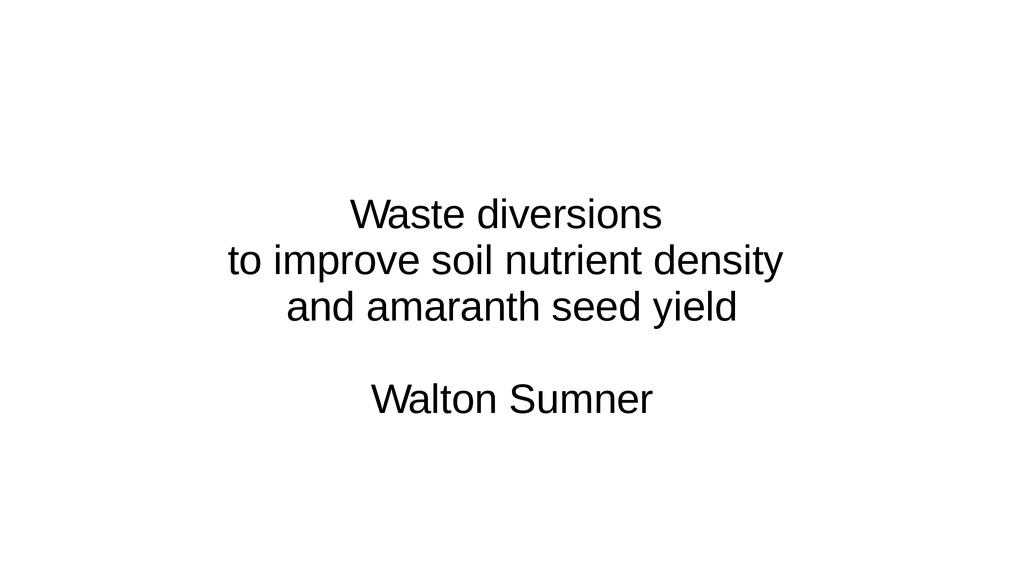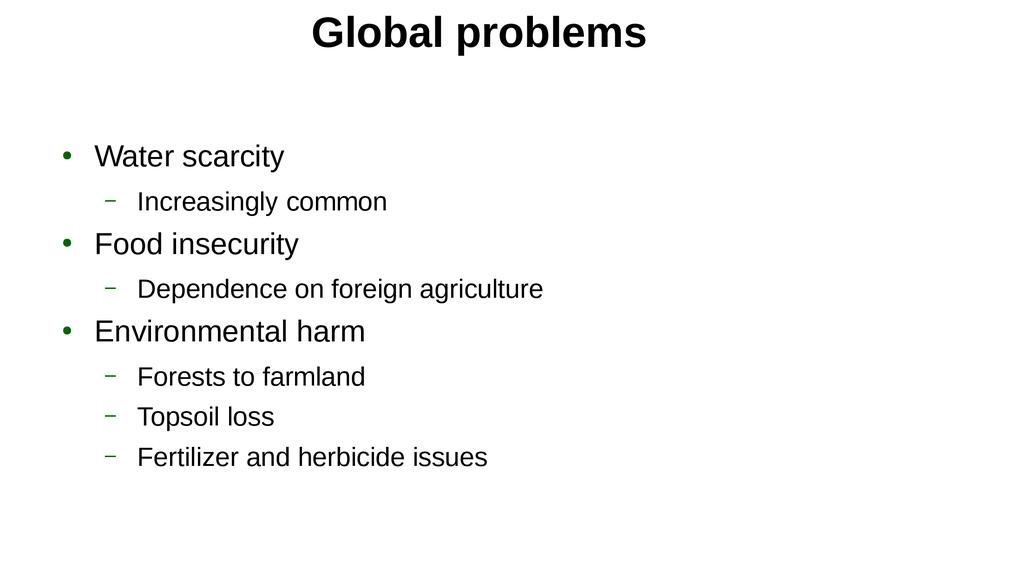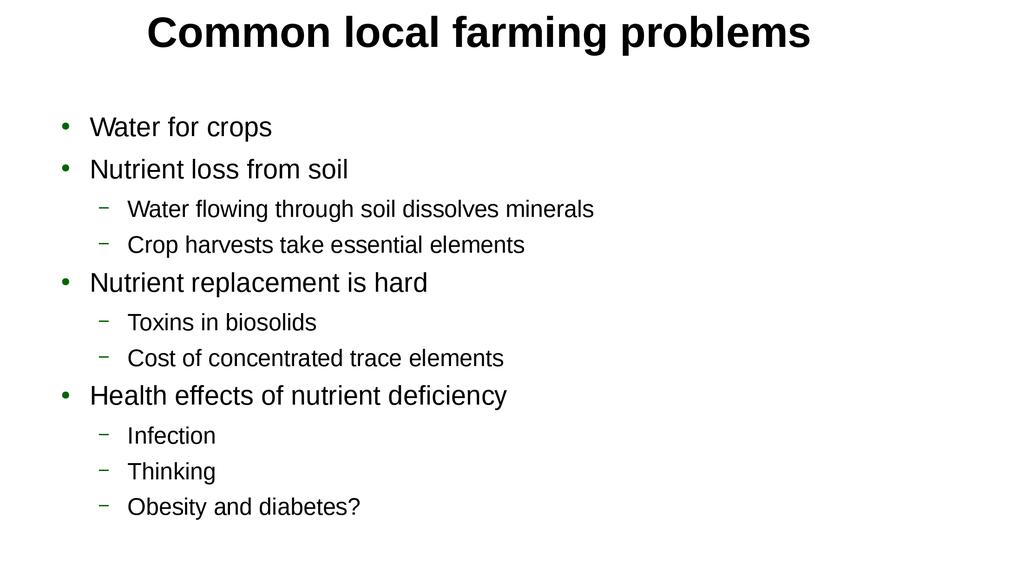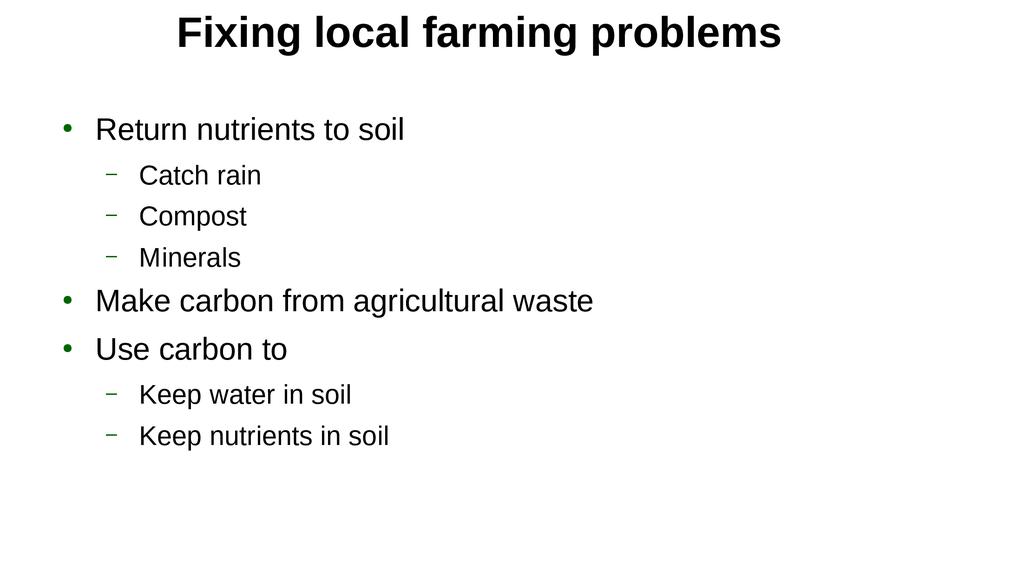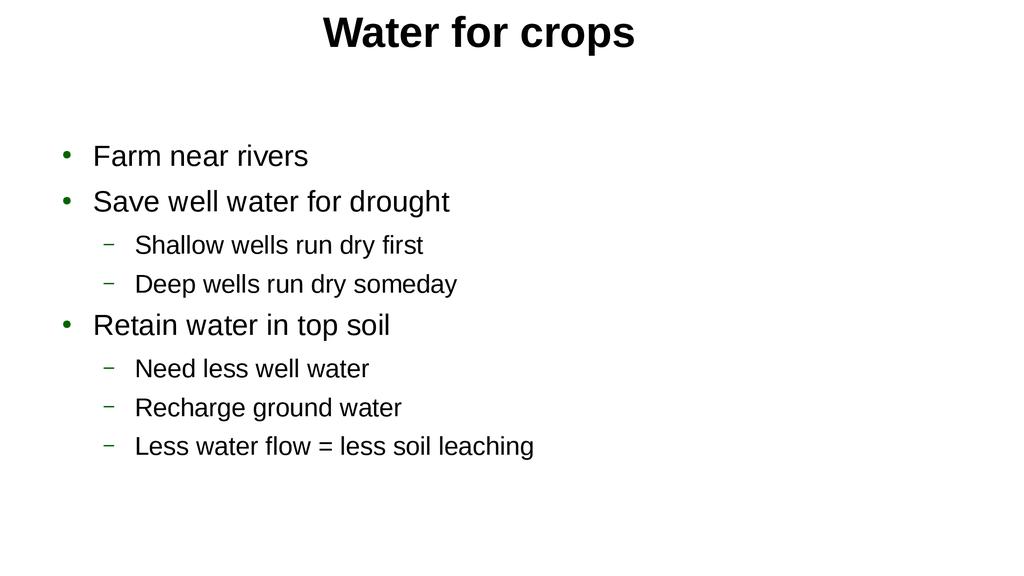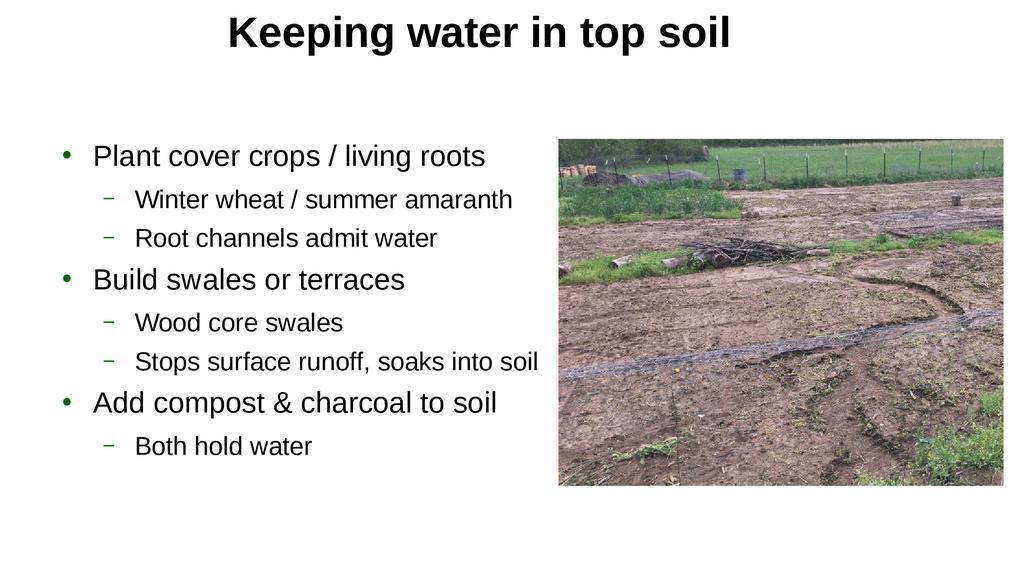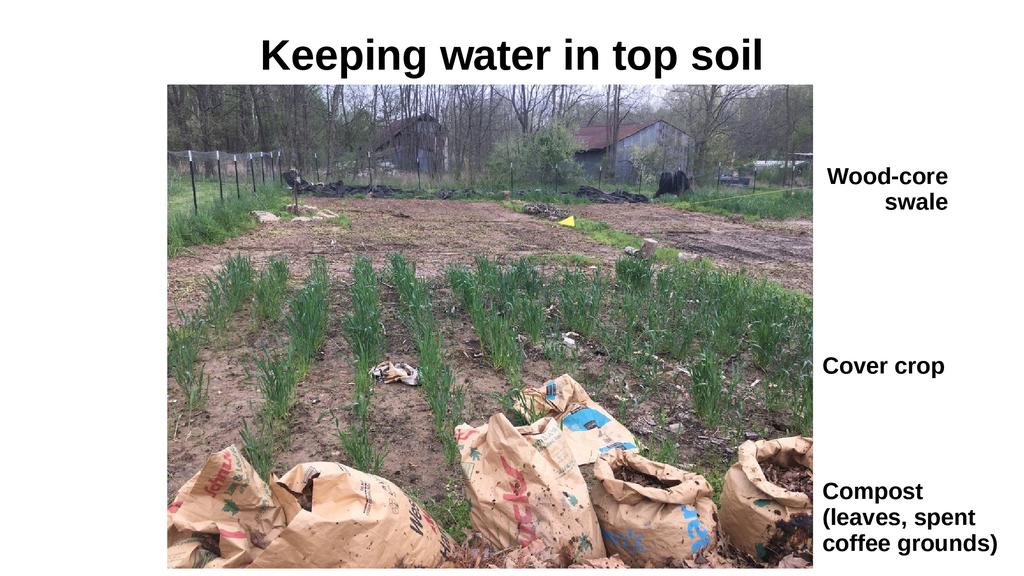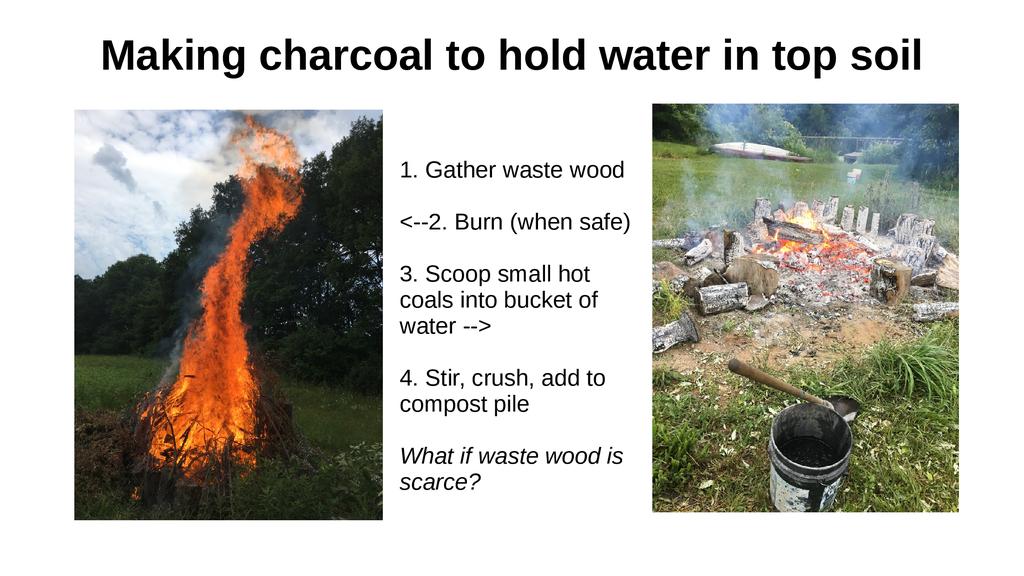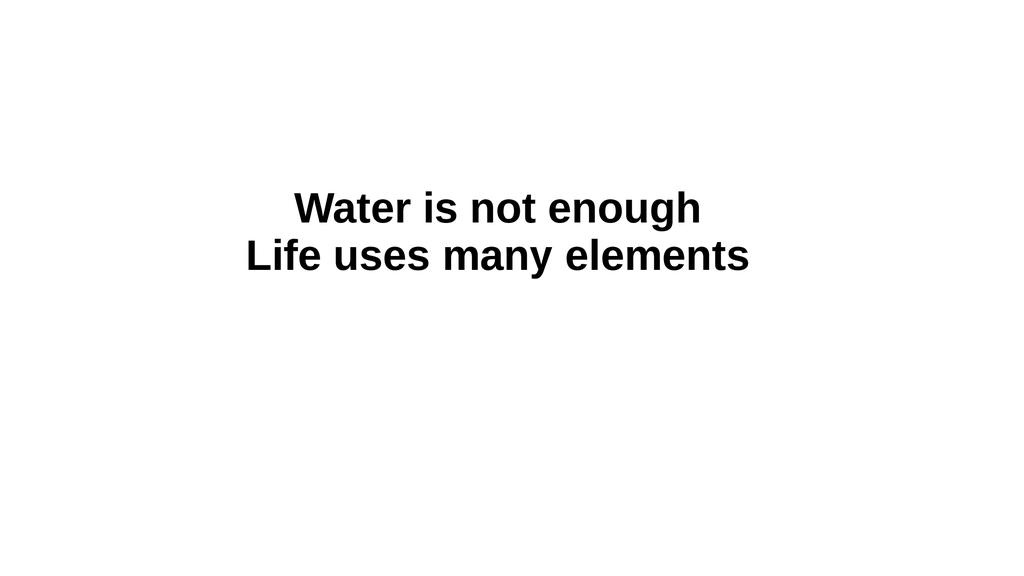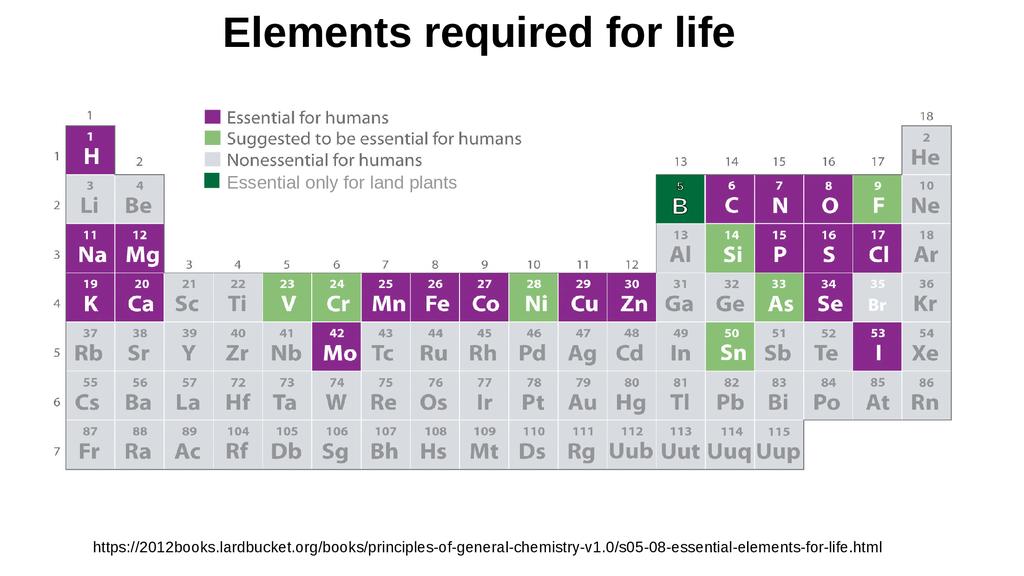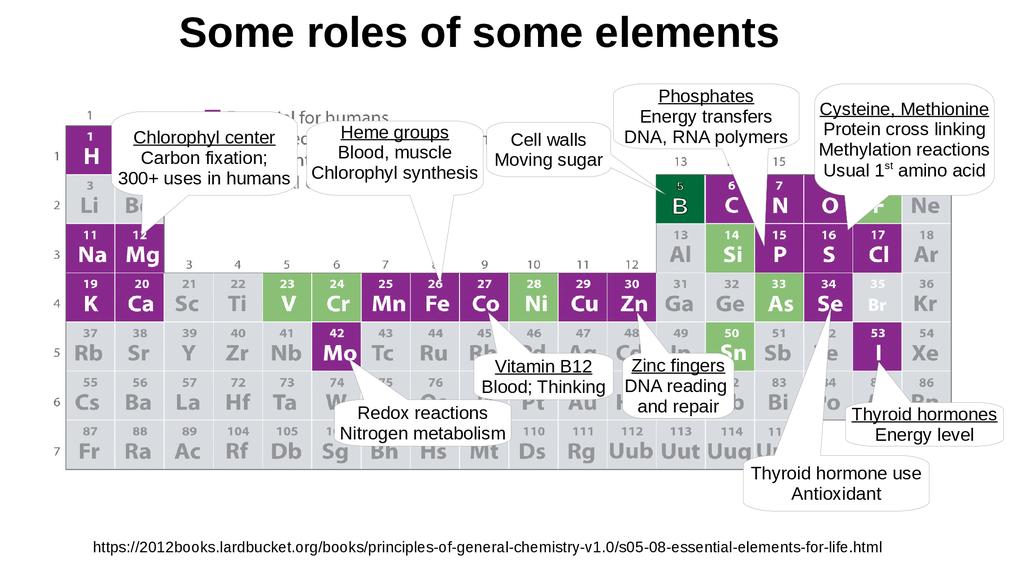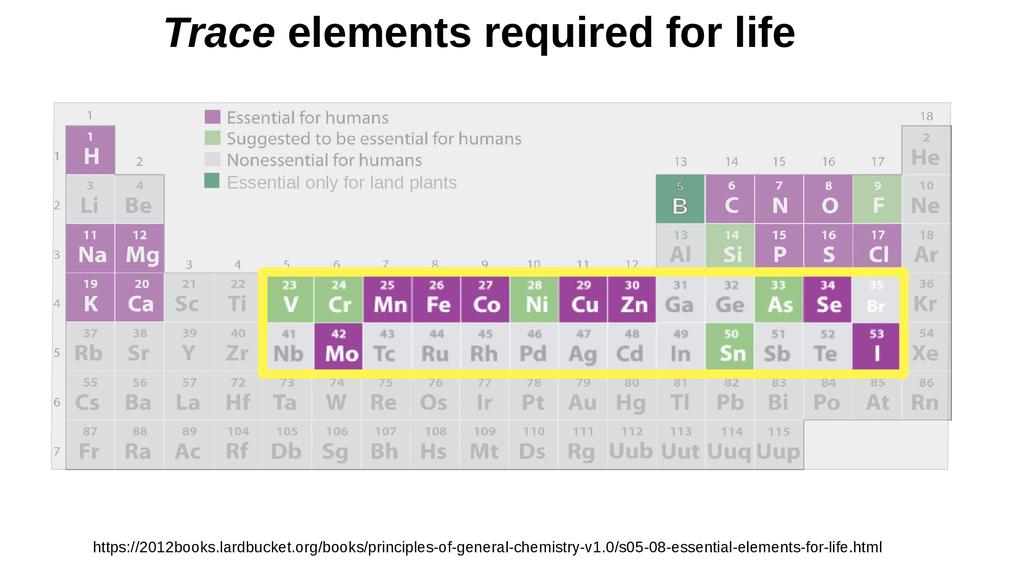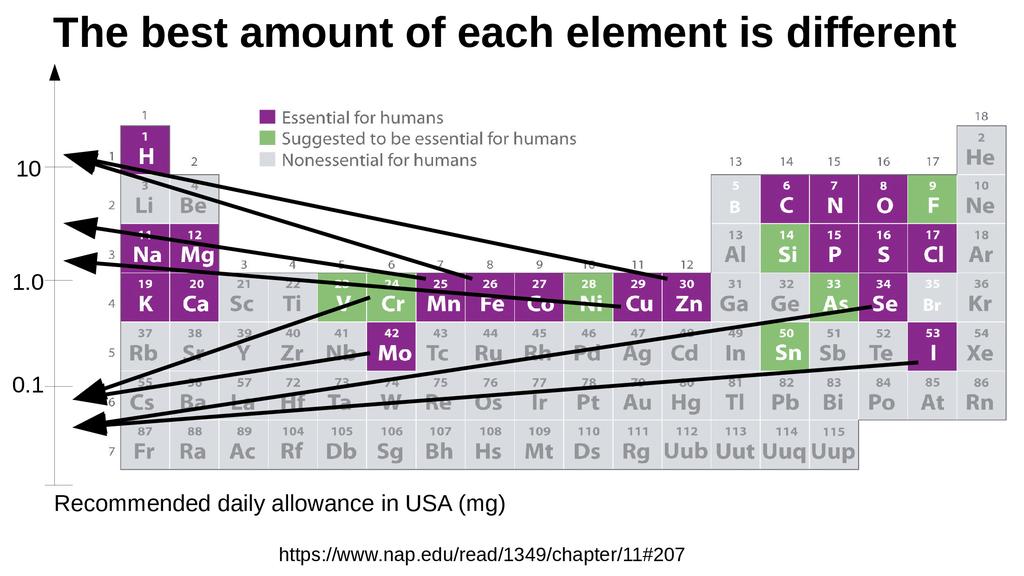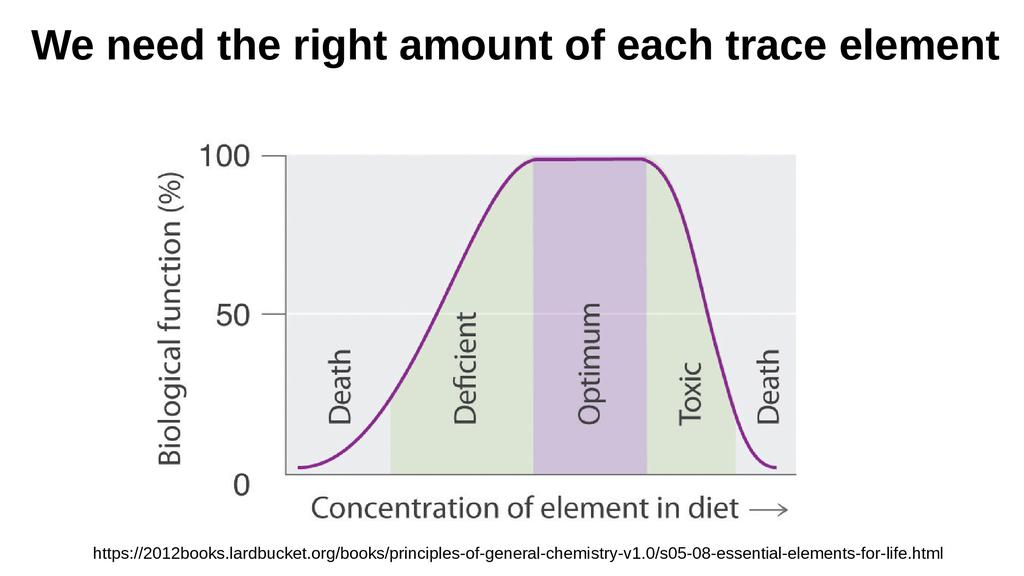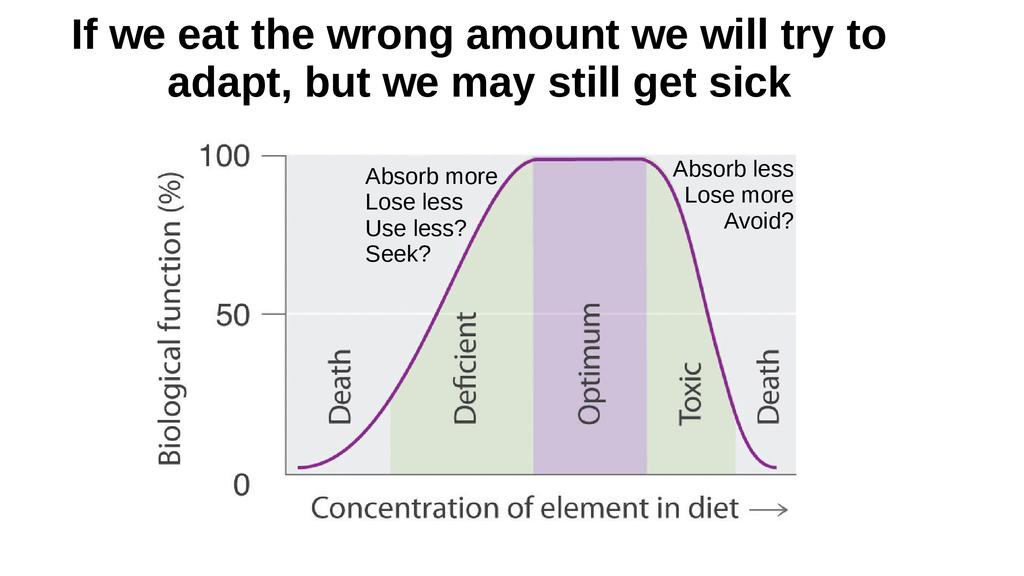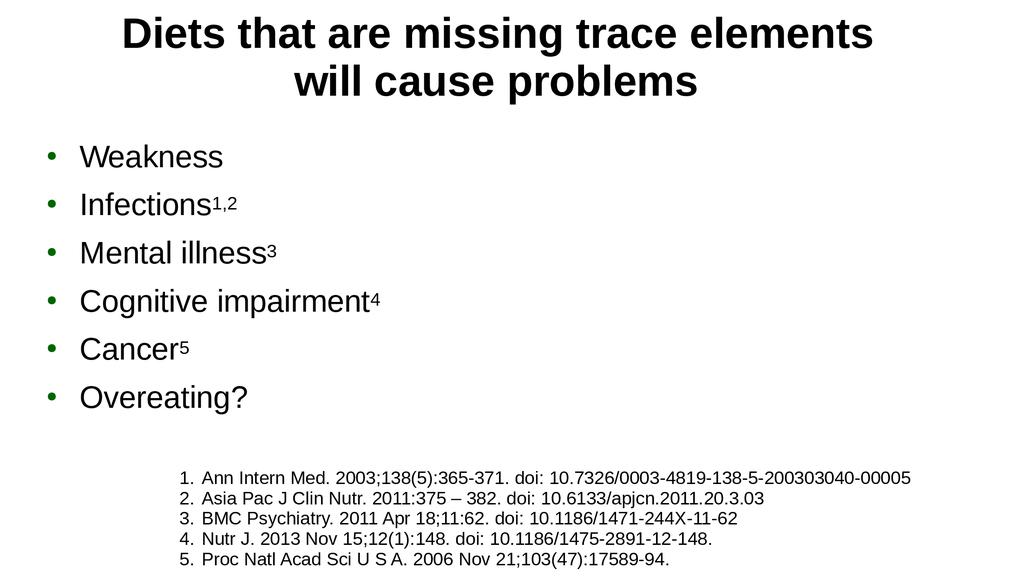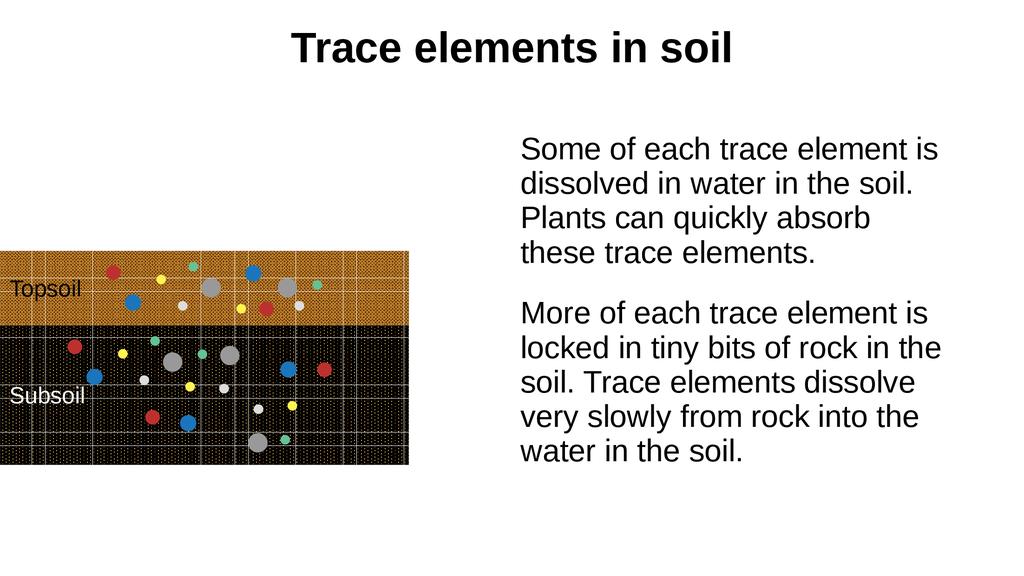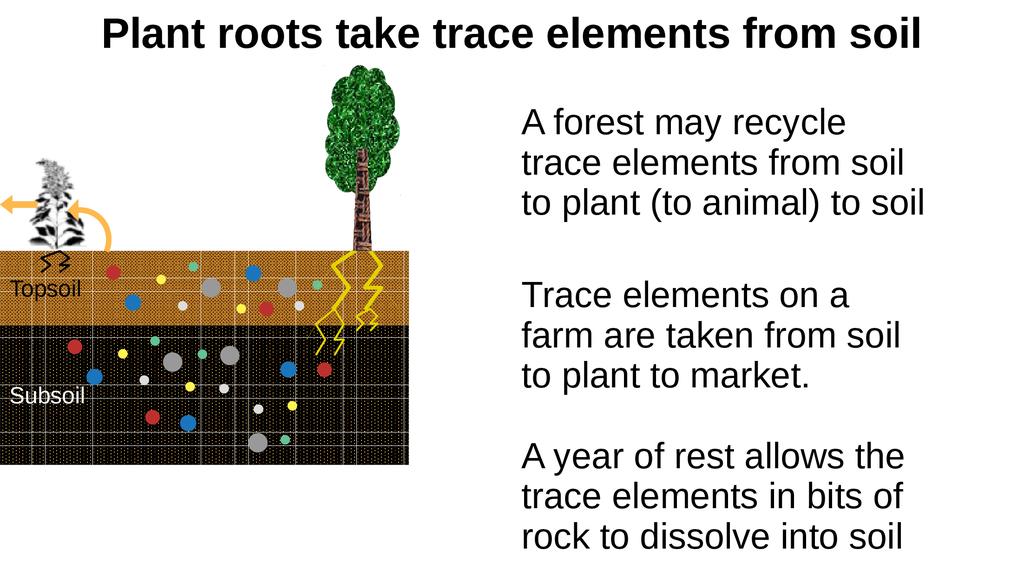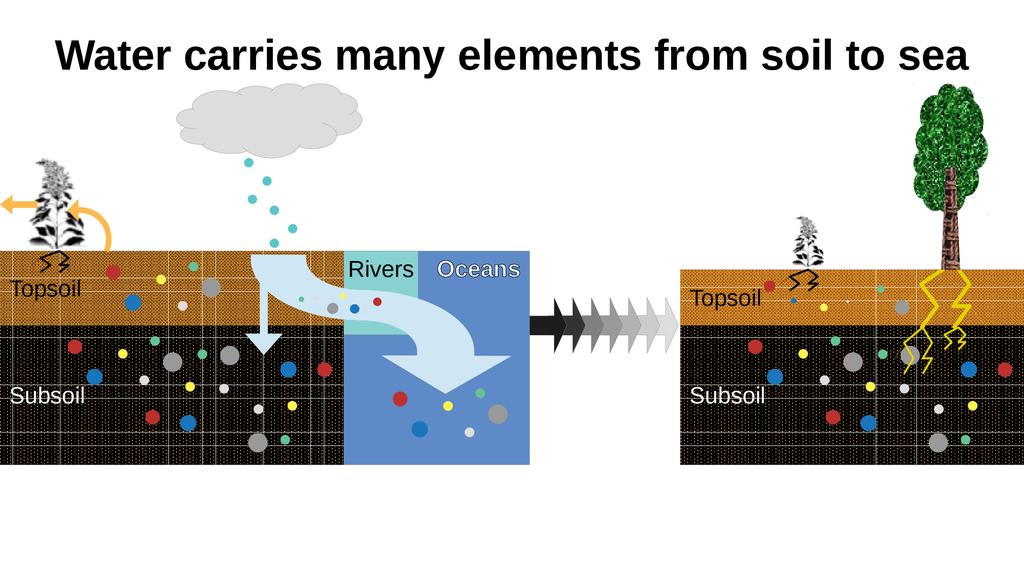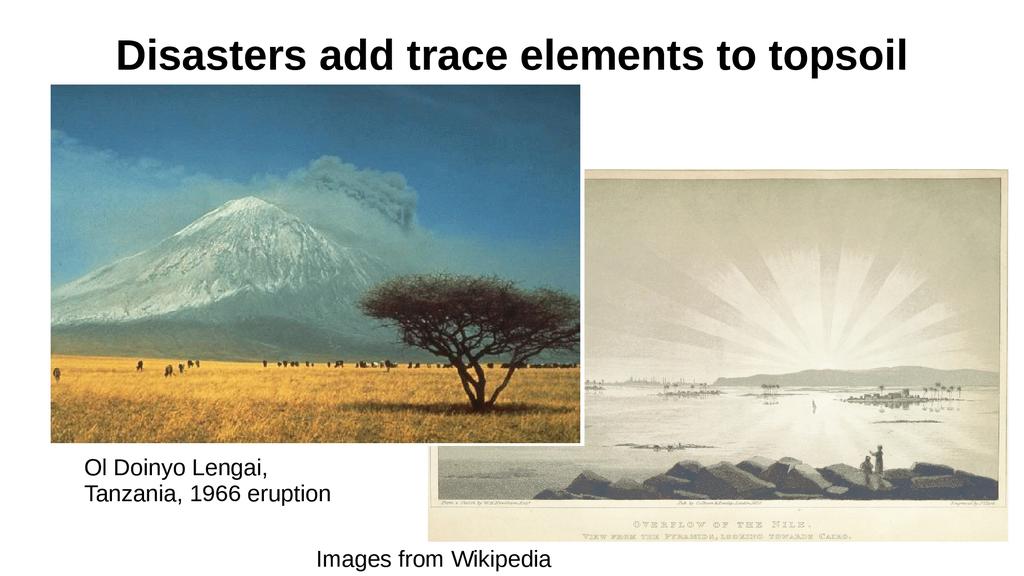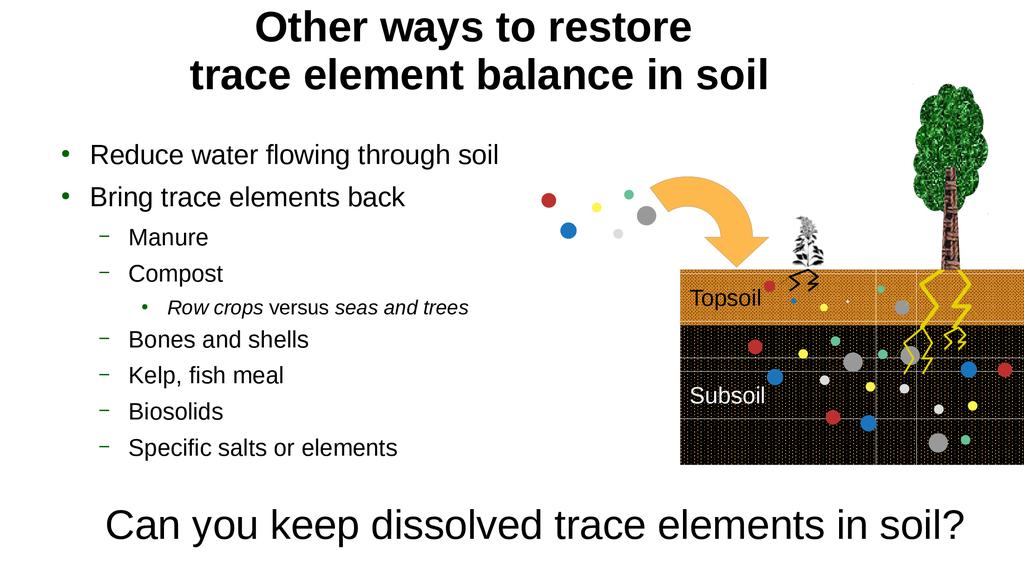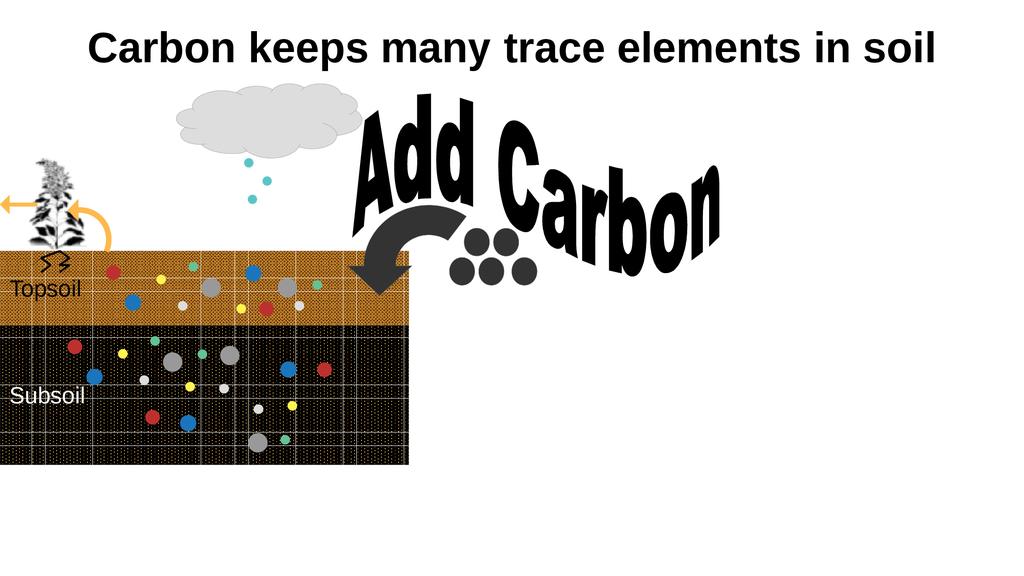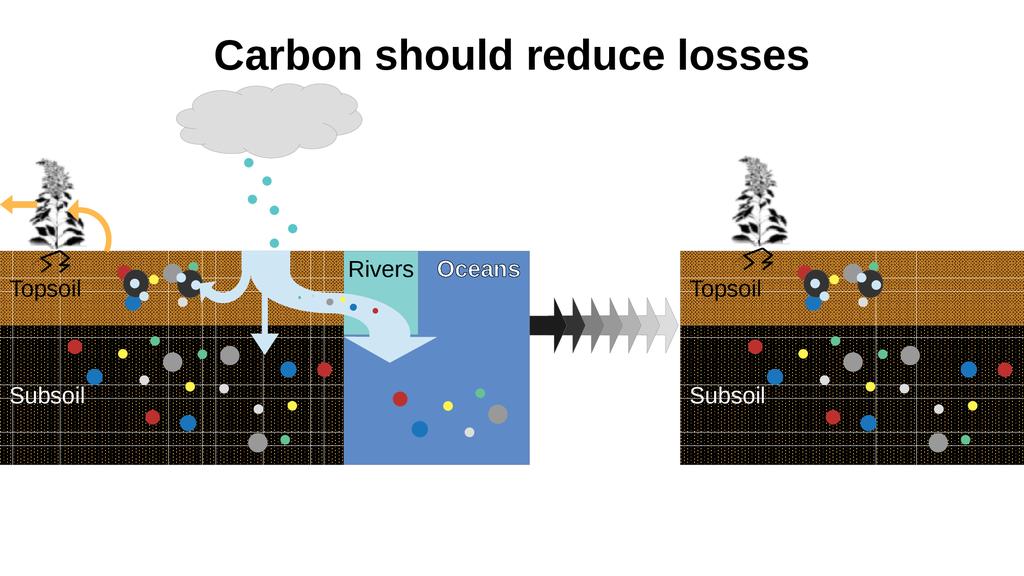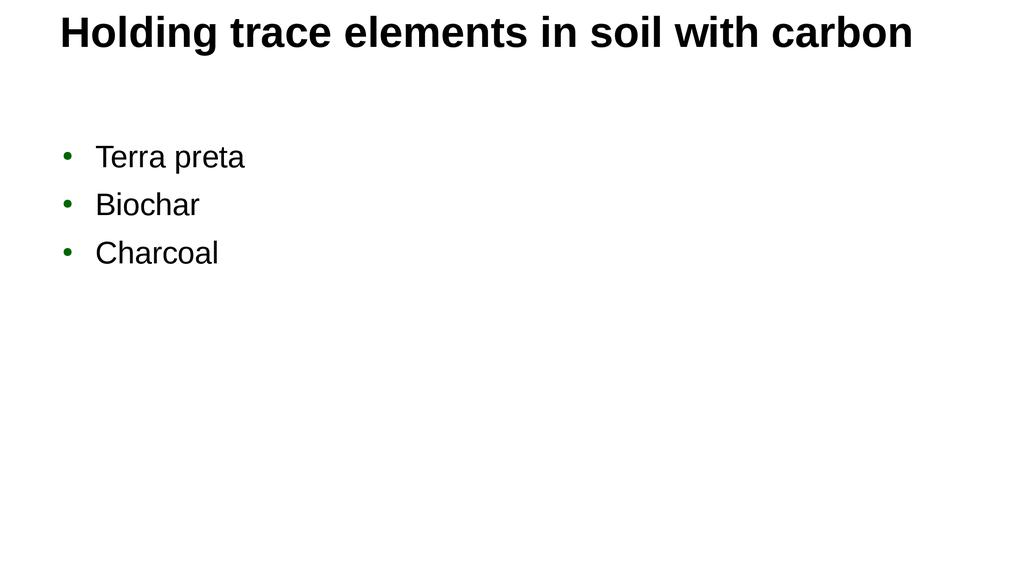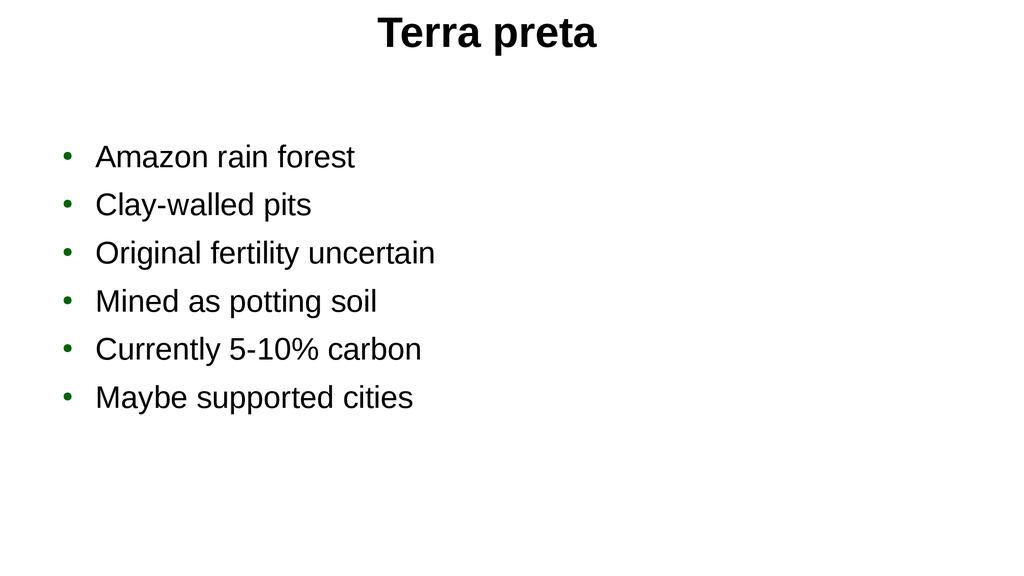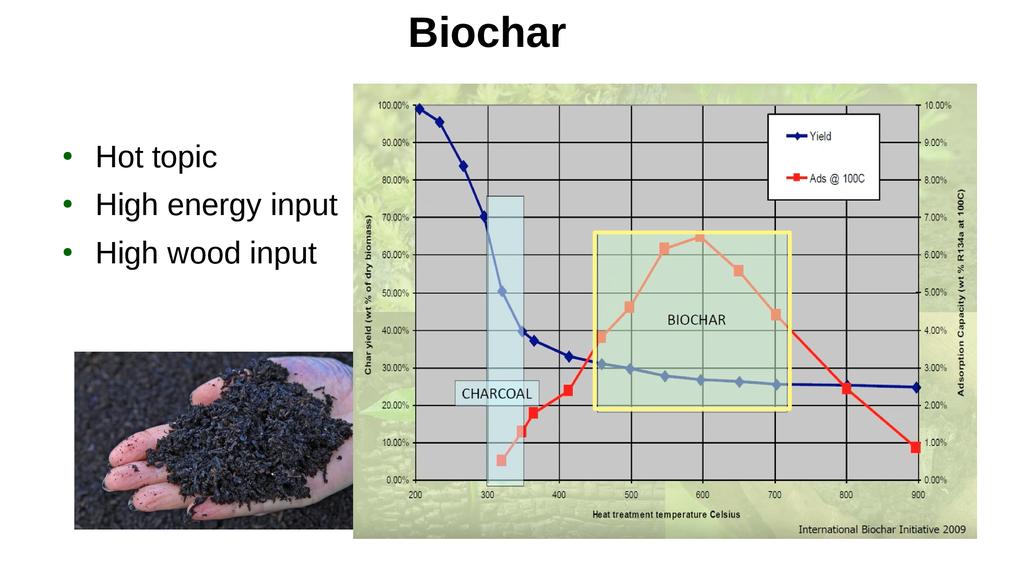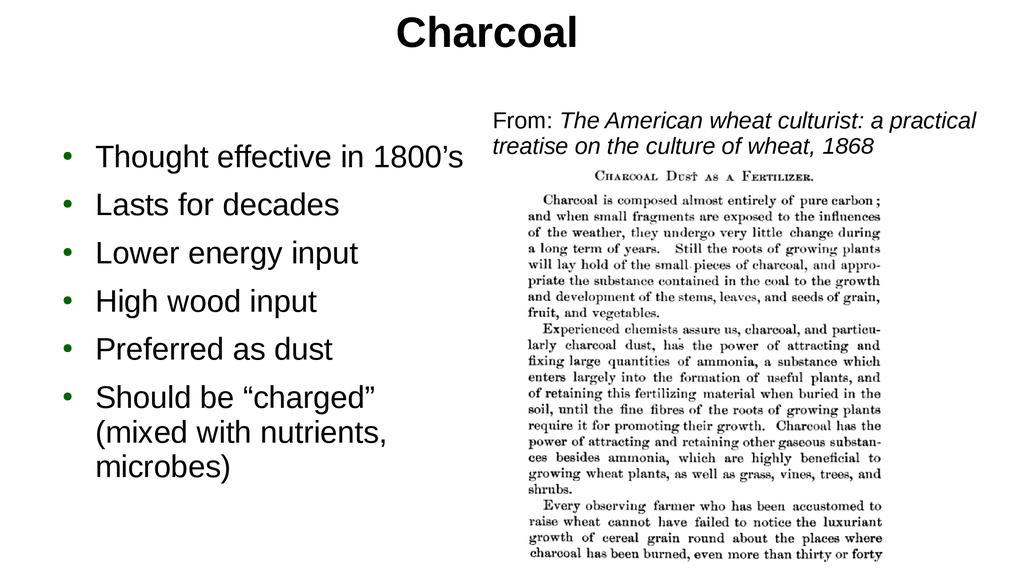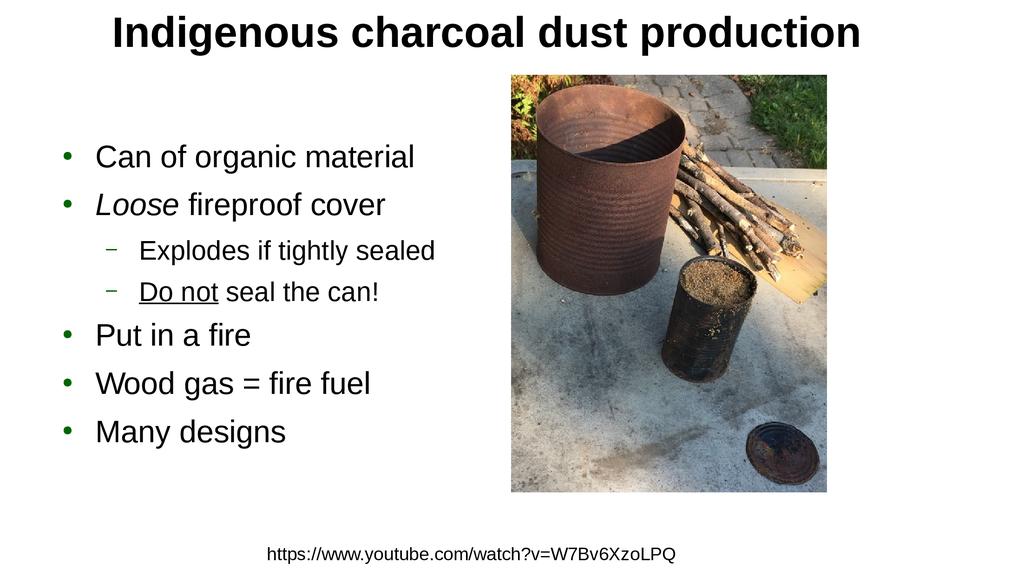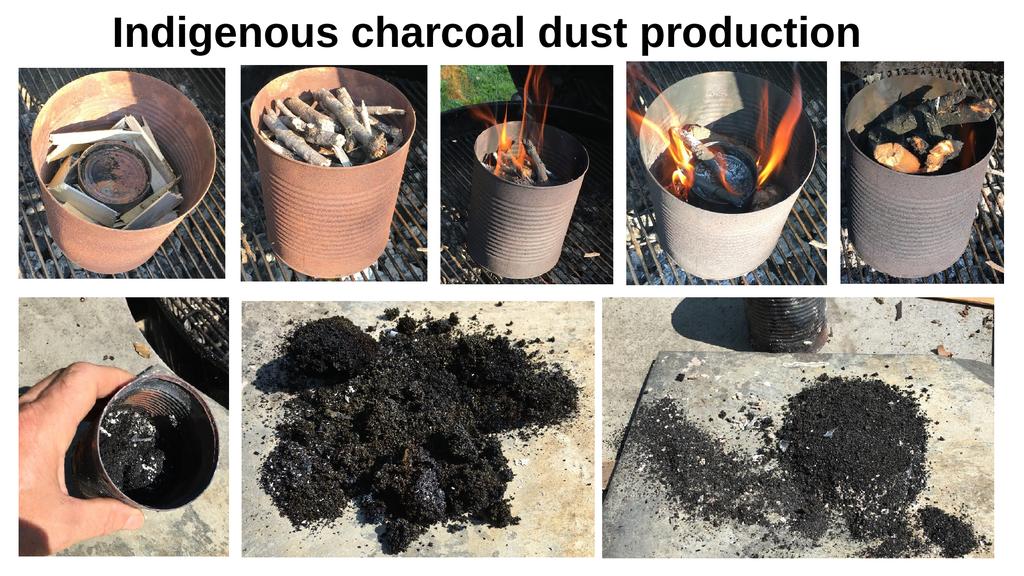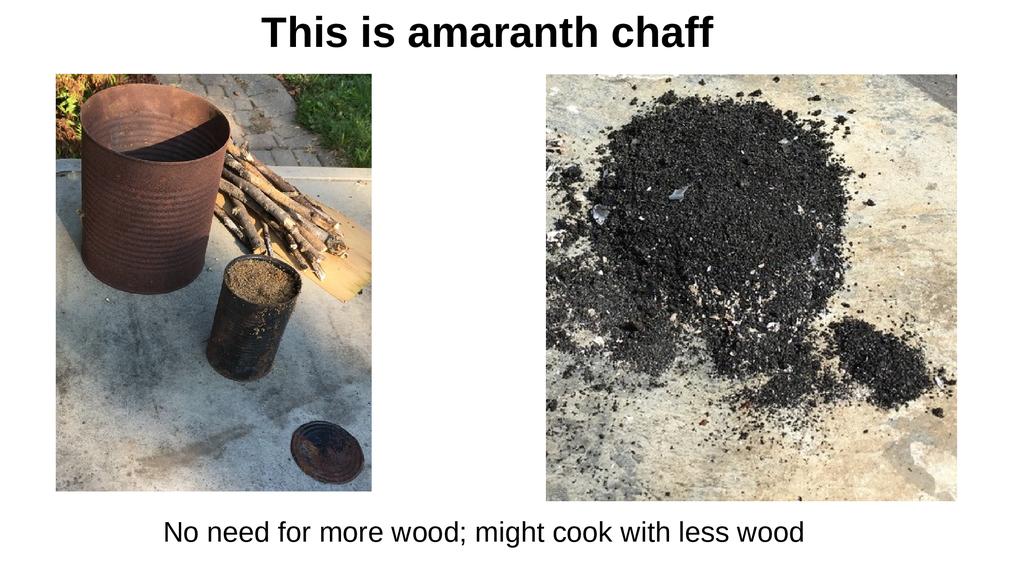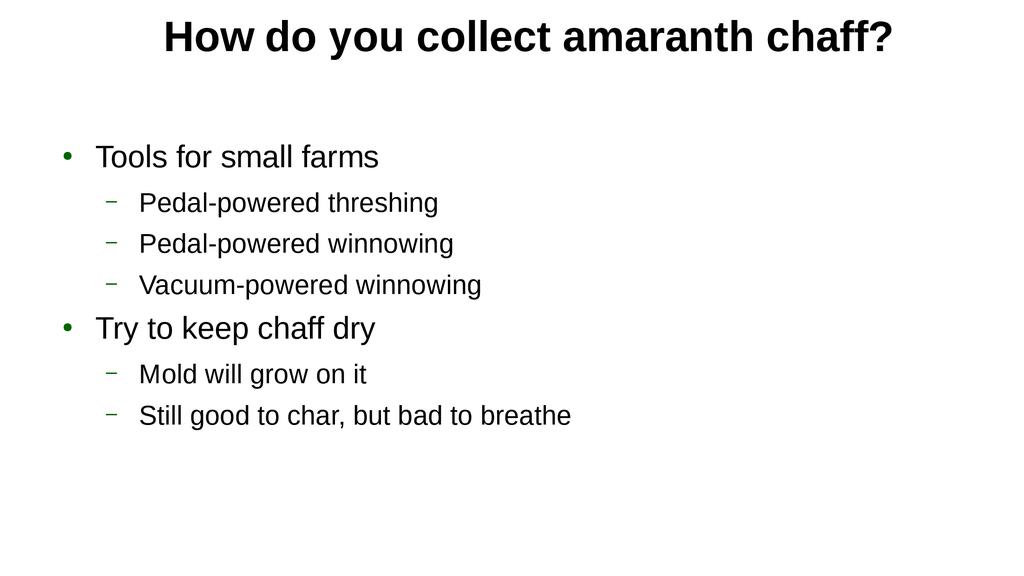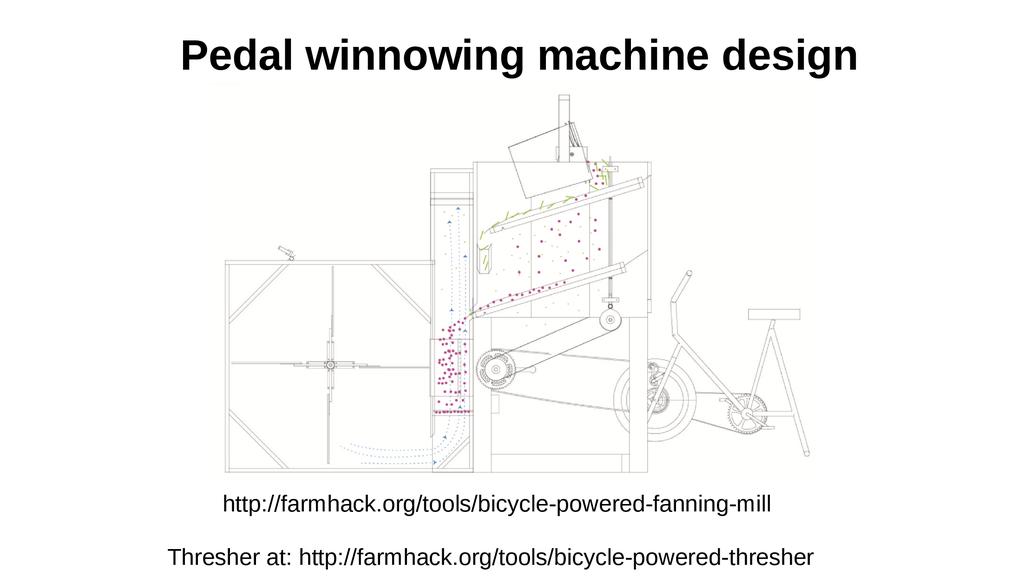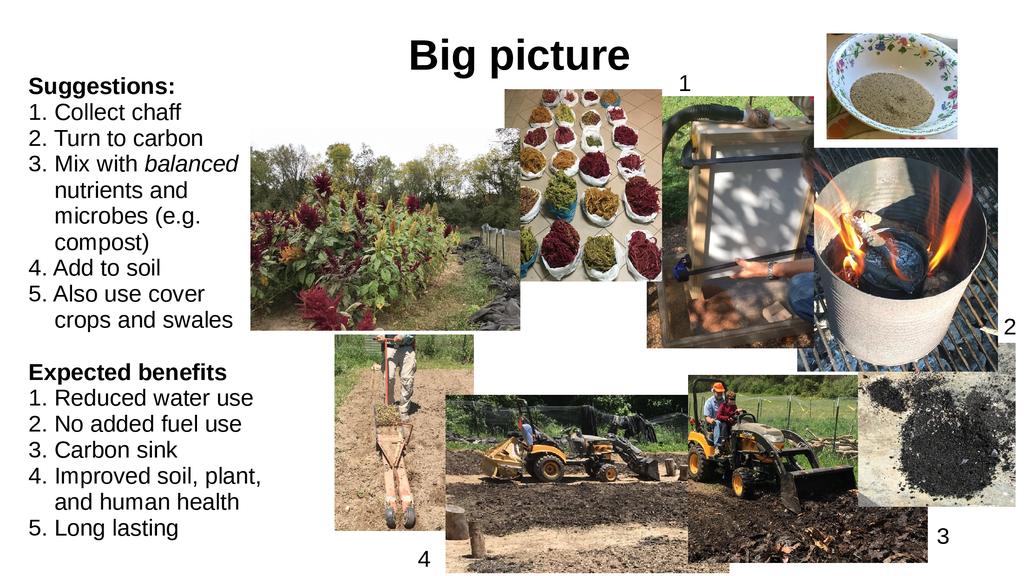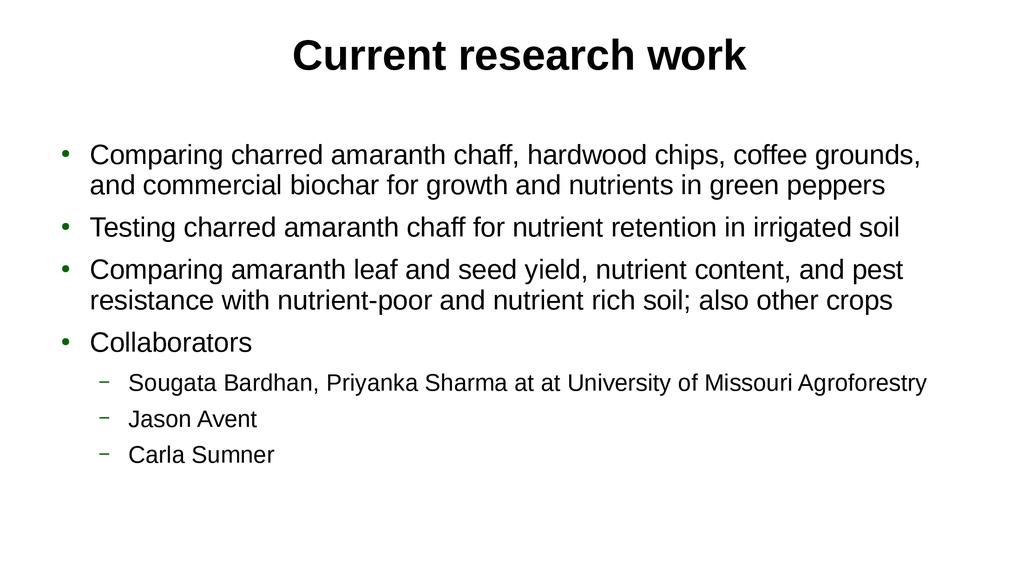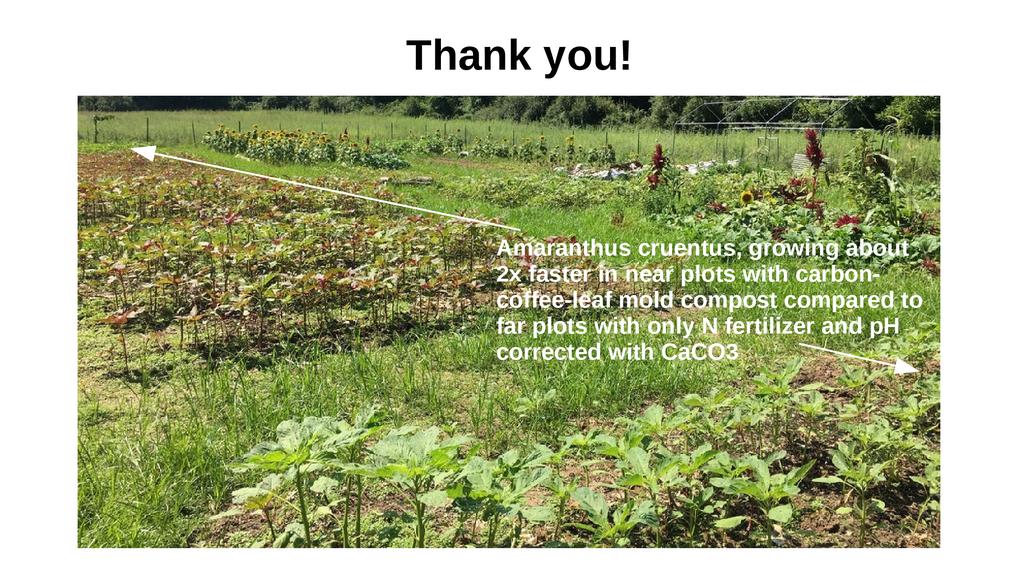Waste diversions to improve soil nutrient density and amaranth seed yield
Người Thuyết trình: Walt Sumner, Amaranth International
Sự kiện: Symposium on Improving Nutrition in Dryland Areas 2018 (07-08-2018)
Session: Dr. Sumner shares on experiments conducted on a small hay farm in Missouri, where he is conducting various experiments to restore soil fertility, and learning about crops suited to hot and dry climates. Rainwater leaching and row crop farming steadily deplete top soils of nutrients, which are replaced only very slowly by natural processes or incompletely by crop rotation. Even if macronutrients are replaced, crops raised on soils depleted of trace elements are likely to be less than optimally nourishing to people. Biosolid fertilizers could "close the loop" for trace elements, but involve complex processing and potential toxicity. Soil amendment with composted spent coffee grounds, leaf mold, and charcoal, including pyrolyzed amaranth chaff, potentially replaces trace elements and limits losses to leaching. Initial experiments suggest that these amendments reduce water requirements, improve crop yields, reduce amaranth seed losses to moths, but do not affect pigweed flea beetles, blister beetles, or lodging.
Biographical information: Walton Sumner, MD is an Associate Professor, retired, in the Department of Medicine of Washington University School of Medicine and the Treasurer of The Amaranth Institute. He is a family physician and informatics researcher, currently interested in nutrient dense foods and nutrient availability as a means of preserving health and preventing disease.
